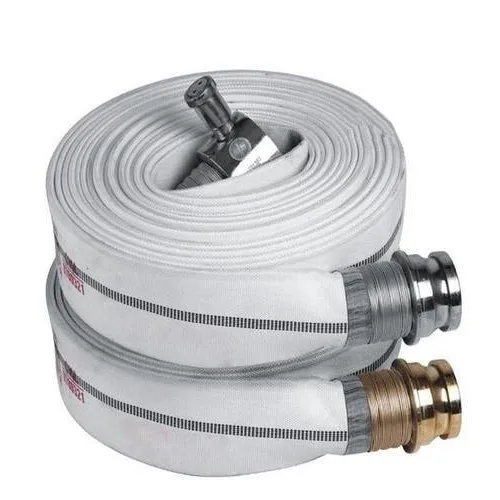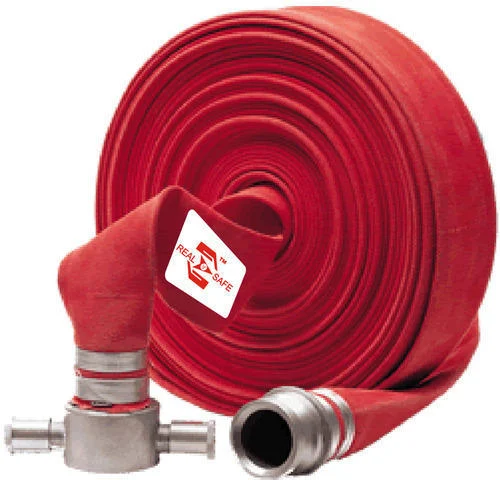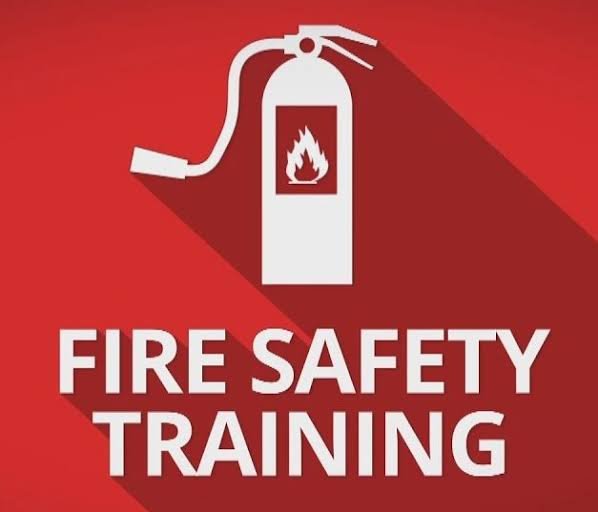The Ultimate Guide to Hose Pipes and Their Benefits
Hose pipes are versatile tools used in a variety of settings, from gardening to industrial applications. With their flexible design and ease of use, hose pipes have become essential for tasks that require water or fluid transfer.

What are Hose Pipes?
Hose pipes are flexible tube made from materials such as rubber, PVC, or polyurethane. It is designed to transport water, air, or other fluids efficiently. Hose pipes come in various lengths, diameters, and types to cater to specific needs, such as garden hoses, industrial hoses, or automotive hoses.
Types of Hose Pipes
- Garden Hoses:
- Lightweight and flexible.
- Ideal for watering plants, washing cars, or cleaning outdoor areas.
- Industrial Hoses:
- Designed for heavy-duty tasks like transporting chemicals or oils.
- Highly durable and resistant to wear and tear.
- Air Hoses:
- Used in pneumatic tools or air compressors.
- Made from high-pressure-resistant materials.
- Expandable Hoses:
- Compact and lightweight.
- Expands when water flows through and contracts when not in use.
- Fire Hoses:
- Specifically designed for firefighting.
- Capable of handling high-pressure water flow.
Benefits of Hose Pipes
- Versatility: Hose pipes can be used for multiple purposes, including gardening, cleaning, irrigation, and even industrial applications.
- Ease of Use: Their lightweight and flexible design make them easy to handle, store, and transport.
- Water Conservation: Many modern hose pipes come with adjustable nozzles and sprinklers to control water flow, reducing wastage.
- Durability: High-quality hose pipes are resistant to weather, UV rays, and abrasion, ensuring long-term use.
- Cost-Effective: Hose pipes are an affordable solution for tasks that would otherwise require more expensive equipment.
- Enhanced Efficiency: They save time and effort by delivering water or fluids directly to the target area.
- Customizable Options: Hose pipes are available in various lengths and diameters, ensuring you find the right one for your specific needs.
Why Use Hose Pipes?
Hose pipes simplify daily tasks and improve efficiency. Whether you’re a gardener, a homeowner, or an industrial worker, hose pipes are practical tool that ensures precise fluid transfer with minimal effort. Its adaptability across different scenarios makes it an essential item in every household or workplace.
Maintenance Tips for Hose Pipes
- Store hose pipes in a cool, dry place to avoid damage from extreme temperatures.
- Drain water from the hose after each use to prevent mold and freezing.
- Inspect for leaks and repair them promptly.
- Use hose reels or hooks to prevent kinks and tangles.
- Avoid dragging the hose across sharp surfaces to prolong its life.

Conclusion
Hose pipes are more than just simple tools; they are indispensable for a range of applications. By choosing the right type and maintaining it well, you can enjoy their benefits for years to come. Whether you need one for your garden or industrial tasks, a hose pipe is a cost-effective and efficient solution.



